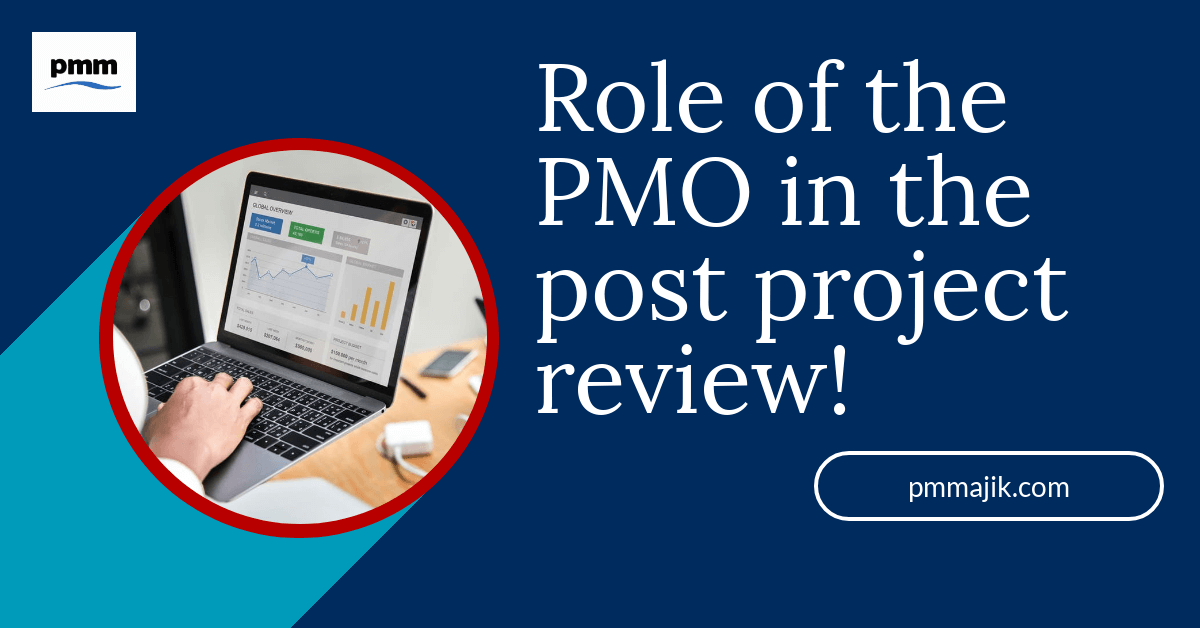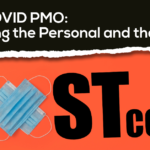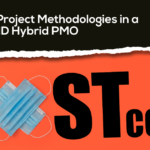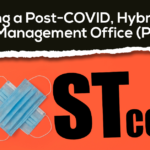 When a project has been completed, it is important to conduct a post project review. The reason is that is an opportunity to evaluate what was done well, what was not done well, the effect on results / outcomes and recommendations for improvement.
When a project has been completed, it is important to conduct a post project review. The reason is that is an opportunity to evaluate what was done well, what was not done well, the effect on results / outcomes and recommendations for improvement.
Areas Covered in a Post Project Review
A typical review will contain the following:
Project Summary / Objectives
A brief but succinct summary of what the project aimed to achieve and the desired outcomes. This is important so as to give a point of reference for the recommendations, especially anyone who uses the review as an input to estimating and setting up a similar project in the future.
Project Resources
This should include the roles and responsibilities of the sponsor and project team. Again this is useful for understanding recommendations and for quickly defining resourcing requirements for similar projects.
Deliverables
Description and outcomes of all of the key deliveries for the project. This will allow analysis as part of the review of why some deliverables went well (so the approach can be copied) and why some did not go well (so mistakes can be learnt from and not repeated).
Costs
Full details of the project costs and how well the project performed against budget. Any overruns should be explained so the cause is understood.
Benefits
Full details of the benefits and if they were achieved. Explanations where they were not.
Schedule / Plan
Full details of performance against plan, highlighting where the planning was weak (and why) and where key milestones were not achieved due to scope creep, etc.
Application of Methodology
Review should assess how well the project followed defined methodology. Weaknesses in the application, where the methodology can be improved, etc.
Findings & Recommendations
The most important section. Based on the review, there will be a number of findings and recommendations of varying importance. These must be clearly captured and agreed by all parties. Then <VERY IMPORTANT> the findings must be distilled so that key themes can be communicated to existing and new projects so the mistakes can be avoided. If you do not do this step, there is no value in spending the time completing the review!
The Challenge
Unfortunately, these reviews are not undertaken until the project has been completed. Therefore, it is not unusual for the sponsor to have shifted focus to other pressing matters and project team to have been disbanded and allocated to other projects or, in the case of contractors and consultants, exited from the organization.
So if the sponsor and resources have moved on and are focusing on new activity, it can be extremely difficult to conduct and complete the review.
Role of the PMO in the post project review
This is an area the PMO should take a very active role:
- Defining the review process
- Defining the review process – ensuring consistency across reviews
- Scheduling the reviews
- Making sure the reviews take place
- Agreeing key themes and messages to be communicated
- Keeping a record of all reviews
Conclusion
The post project review is a very powerful and insightful tool for an organization. The PMO can play a very important role in managing the process and delivering value by improving the maturity of project delivery by reducing repetition of similar problems.
The next post will spend more time exploring how the post project review process can be leveraged.






